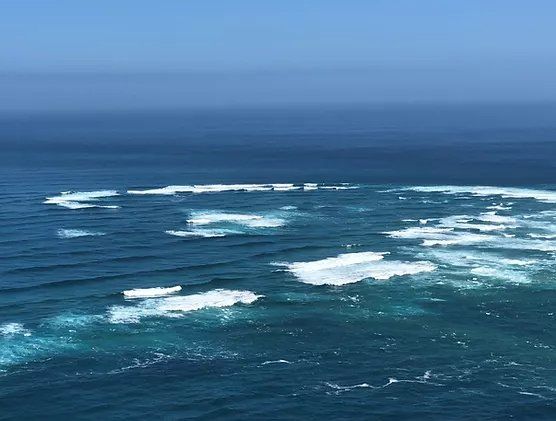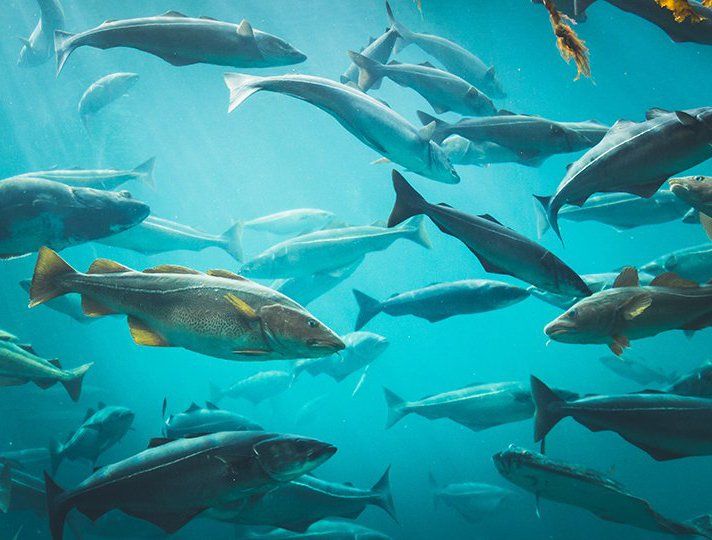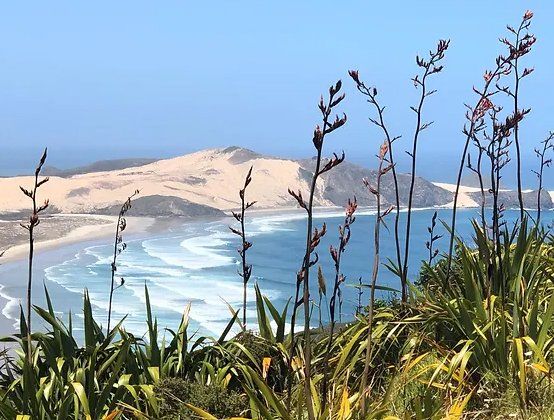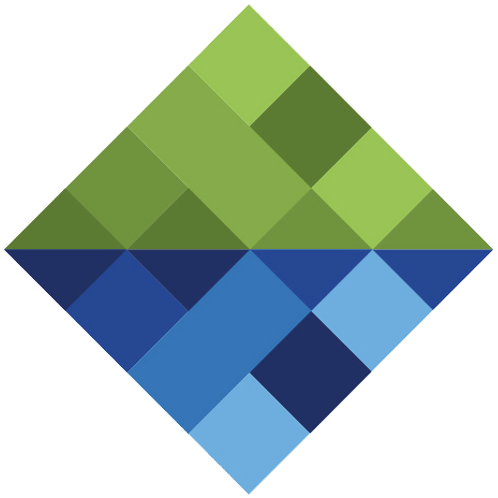Ocean Literacy
Improving Ocean Literacy in Aotearoa New Zealand is a collaborative workshop summary report compiled by Katherine Short, with input from partner organisations. The workshop was delivered at the New Zealand Marine Sciences Society July 2021 conference. It reflects on the value of bringing together experienced practitioners to deepen the conversation about what Ocean Literacy should mean in Aotearoa New Zealand.

Marine Education in New Zealand
There are a range of relevant activities and practitioners in New Zealand working across marine education including the formal education sector, the major marine science challenges (Sustainable Seas, Deep South), and the many civil society initiatives such as the Mauri o te Moana, Mountains to Sea Conservation Trust, the Million Metres Squared programme, the Aquabus, Te Kawa o Tangaroa (Marine Stewardship Council). There are also physically located programmes at the National Aquarium of New Zealand (Napier), International Antarctic Centre (Christchurch), Kelly Tarltons (Auckland), the various Marine Discovery Centres nationally (Goat Island, Island Bay, Milford Sound, Portobello), and innovative programmes such as Te mana o Rangitāhua, a partnership between Ngati Kuri and Auckland Museum. Seaweek is the premier annual festival of marine education and marine engagement activities.
To date, marine education and the language of marine health advocacy has largely been from a western science and conservation perspective. Māori community-based advocacy about concern for the health of the moana has significantly increased in the last decade, with many hapū, whanau and iwi based initiatives to better care for and protect the coast and ocean.
The ocean is a large space with meaning to many different people and cultures. There is an enormous range of views and perspectives about ocean care. Sometimes, unfortunately, there is also misinformation. A significant important economy is based at sea, much of it dependent on a healthy marine environment. Key sectors seek to get their messages across, sometimes successfully, sometimes not.
Because of Te Ao Māori and Te Tiriti o Waitangi in Aotearoa New Zealand, there is great potential to bring the considerable mātauranga Māori o te moana to deepen how marine issues, challenges and innovations are communicated in Aotearoa New Zealand. Certainly, in the work of the organisers and partners to this workshop, and in that of many of the attendees, it was thought that a more coherent approach to communicating our relationship with the ocean would be helpful to reduce confusion, inspire care, love and hope, and help us all to better care for the ocean in our daily lives, work and recreation.
What is Ocean Literacy?
Formally, Ocean literacy (OL) is understanding the ocean's influence on you — and your influence on the ocean (i.e., understanding the many aspects of our relationship with it). The ocean can be complex to understand which led to the ocean literacy principles being developed by UNESCO in an OL Toolkit which notes:
The ocean is a source of food, energy, minerals, increasingly of medications; it regulates the Earth’s climate and hosts the greatest diversity of life and ecosystems, and is a provider of economic, social, and aesthetic services to humankind. Knowing and understanding the ocean’s influence on us, and our influence on the ocean is crucial to living and acting sustainably. This is the essence of ocean literacy.
Formally developing ocean literacy began in the US in 2002 with an education/curriculum focus. With the Sustainable Development Goals (SDG14 Life under the Water), and more recently the UNESCO Decade of Ocean Science (2021-2030), awareness of needing to improve understanding of the oceans has substantially grown. The internationally agreed Ocean Literacy Principles are:
- Ocean Literacy Principle #1: The Earth has one big ocean with many features.
- Ocean Literacy Principle #2: The ocean and life in the ocean shape the features of Earth.
- Ocean Literacy Principle #3: The ocean is a major influence on weather and climate.
- Ocean Literacy Principle #4: The ocean made the Earth habitable.
- Ocean Literacy Principle #5: The ocean supports a great diversity of life and ecosystems.
- Ocean Literacy Principle #6: The ocean and humans are inextricably interconnected.
- Ocean Literacy Principle #7: The ocean is largely unexplored
These principles could be adapted to the New Zealand ocean context with relevant facts and figures. The question is, is that a good starting point? Would that be useful? What would a Te Ao Māori adaptation look like? To address these questions, we held a workshop.

Why Have a Workshop on Ocean Literacy?
The issues facing the ocean, and therefore us, are significant. To a large degree they are also caused by the broken relationship of many of us with it. Some of the issues include micro and other plastics, sedimentation, marine heat waves, ocean acidification and other climate change challenges, wildlife entanglement, pollution, and unsustainable fishing.
The last twenty-five years has seen a considerable upswing in awareness about these issues, significantly improved knowledge, and many positive initiatives to address them. However, much remains to be done. Critically, we believe that a major plank of any ocean initiative needs to be inspiring connection, care and action. Sharing information and knowledge can bring action, although not done well it can also depress and traumatise, and it is concerning that today ecological grief is a growing phenomenon.
Presentations from NZMSS conference participants:



